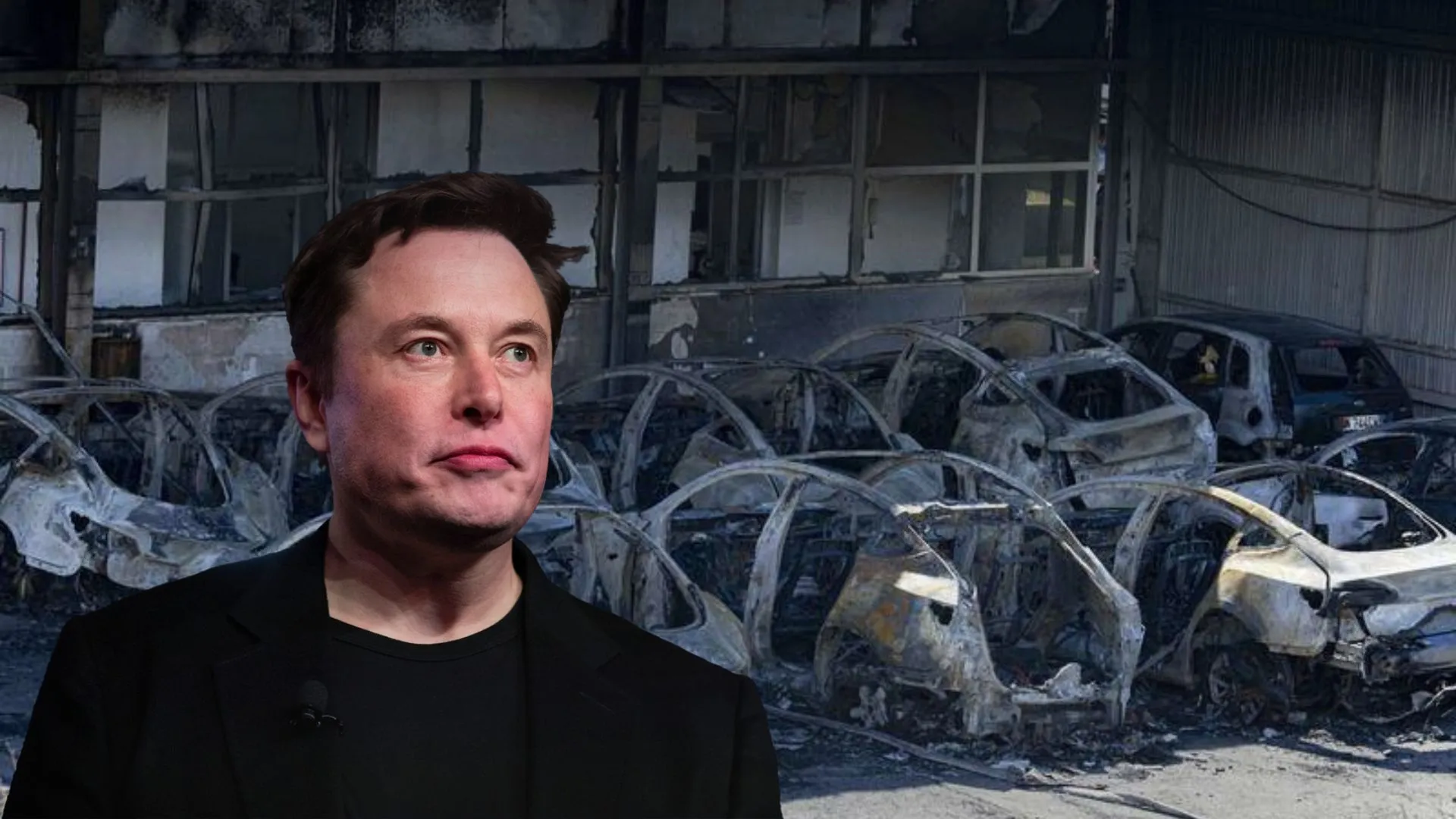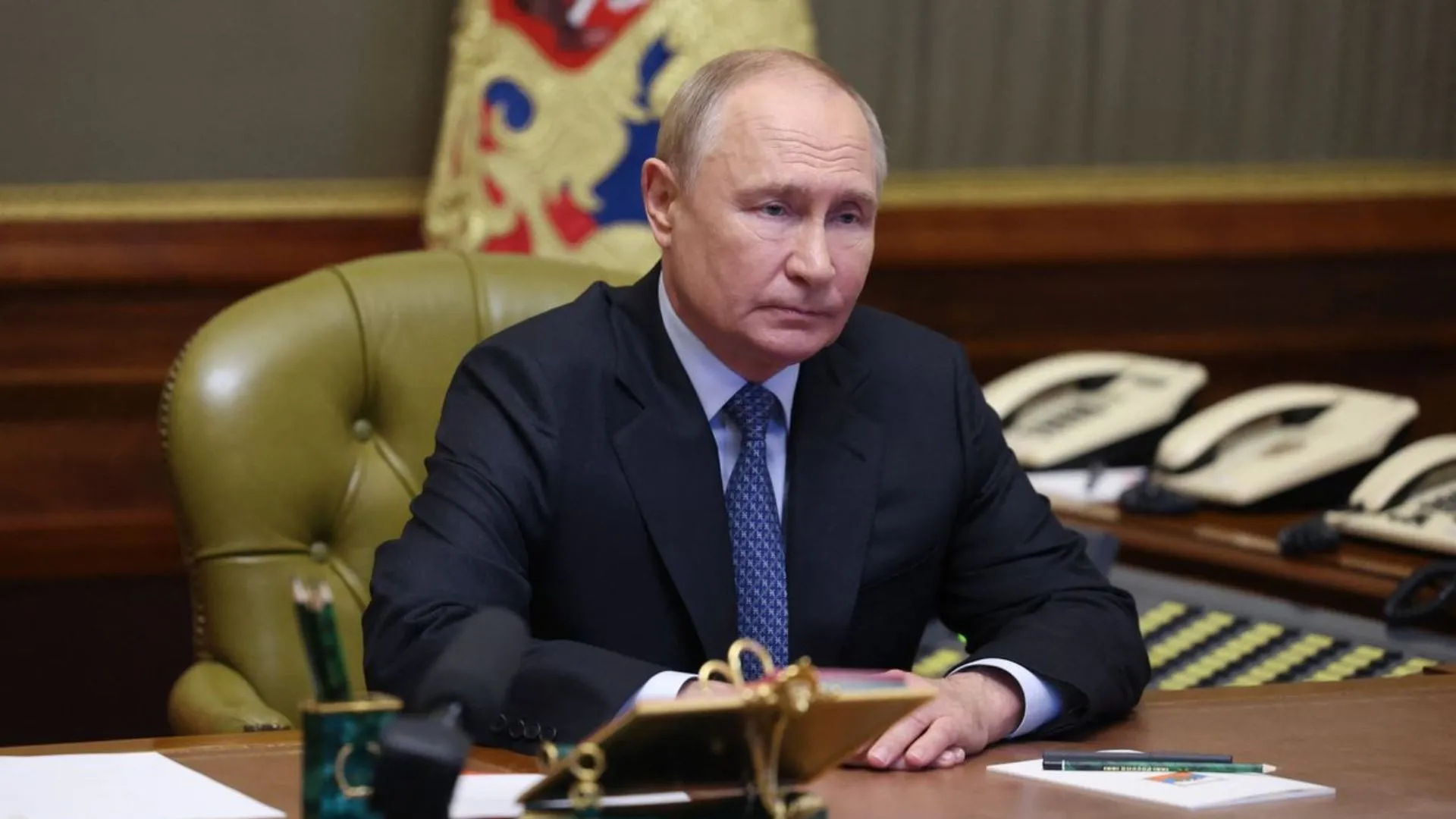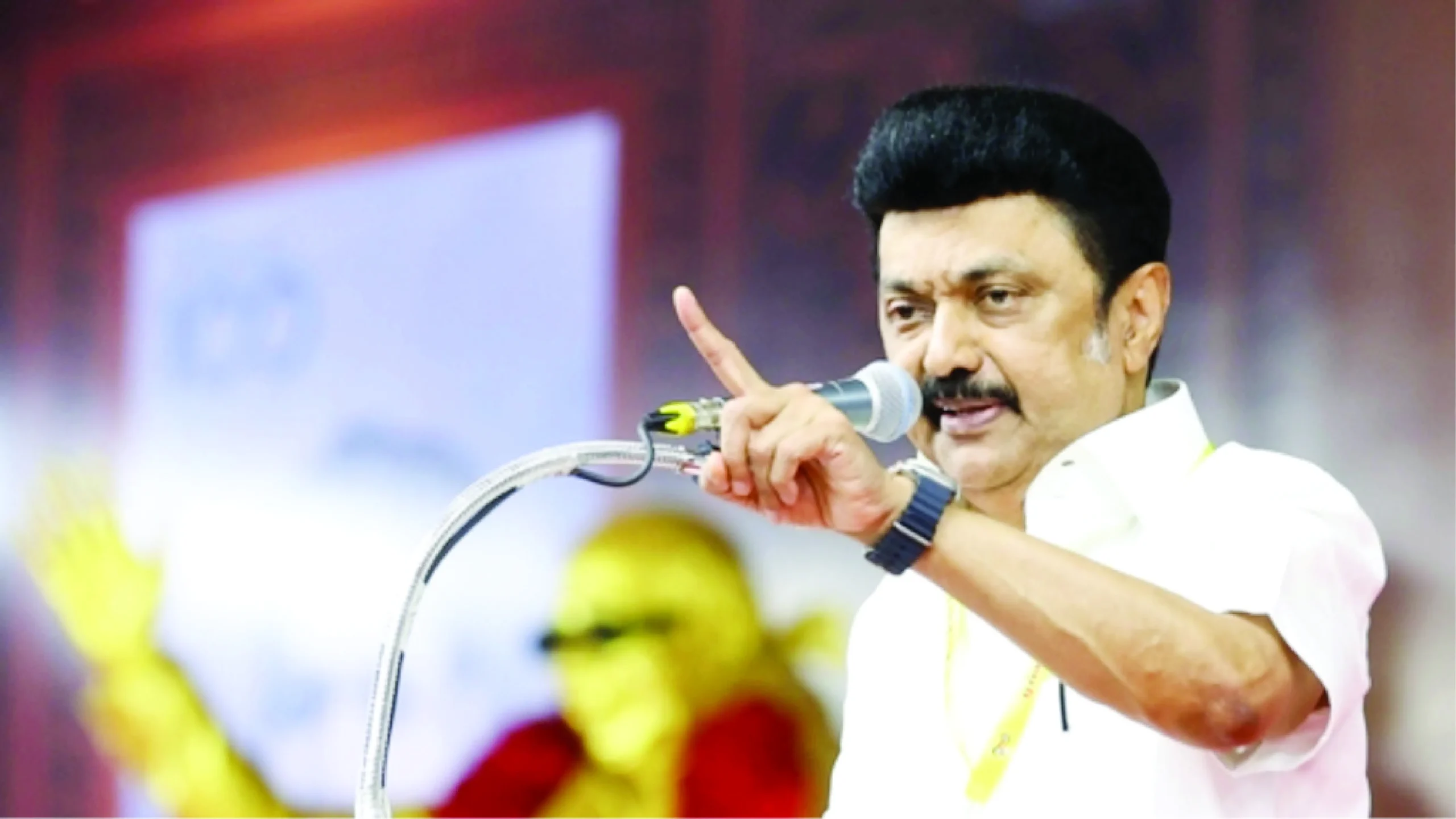The ongoing protests and violence in the United States, while bringing to the fore the deep divisions in American society, a normal in any democracy, have once again exposed the way a large section of the so-called liberal and mainstream media in the West functions—by indulging in one-sided narrative building, by deliberately obfuscating issues and by largely following a partisan agenda. The George Floyd case has shown that the US still has a darkly racist face—this has shaken the conscience of every right thinking person to the core. The criminal police officer responsible for Floyd’s death is now behind bars and swift justice seems to have been meted out in the case. But the protests continue, which is perfectly legitimate. What is not legitimate is the attendant violence, and here it must be said that disparate groups seem to have been involved in the violence, from different shades of the political spectrum. In such a situation, especially since the US presidential election is coming up, the suggestion of deploying the military to control the violence has become a political hot potato. Worse, any voicing of such views especially on the opinion pages of reputed newspapers has come to be regarded as a crime. So mainstream media organisations that do not have any qualms about giving opinion space to known Pakistani terrorist organisations—apparently because their voices too must be heard for the Afghan peace process to succeed!—are in turmoil over their own lawmakers suggesting the use of the military to quell the violence. As Indians know from past experience, deploying the military in times of grave violence is an act of containment and not of aggression; it is needed to save the common man from being engulfed by the conflagration at a time when the law and order machinery is failing. However, as some columnists in the US have been pointing out, mainstream media there has become so agenda-driven, so dazzled by its own “uniqueness” as a “left-liberal” entity, that it does not have the time or patience to listen to any other point of view. It is a classic case of the fundamentally anti-democratic “my way or the highway”. It is because of this that the gaps being left in information and opinion are being filled with lesser known entities who, more often than not, are better connected to the ground. It is in this context that India has to see Western mainstream media’s coverage of this country, especially since the abrogation of Article 370. Since August last year, Western mainstream media space has been dominated by news and views about India that are outrageous, in fact, plain canards—it takes a special kind of propaganda to paint the world’s largest democracy as “Nazi Germany”, but that’s what is being done. Of course the invisible, and sometimes very visible Pakistani hand has ably aided and abetted the process. But when it is pre-decided that things must be seen in binaries of left (good) and right (bad), it is easy to foist labels like Islamophobe on one of the most inclusive religions and societies in the world, just because they are perceived to have “gone right”. All that a rogue Pakistan has to do is to feed that confirmation bias—another name for racism in this case—with a manufactured narrative. The problem with India is that it is failing miserably in communicating the reality to the western media, in fact, it is not even trying. While western mainstream media may be losing its influence on policymaking, the fact is that the sheer volume of canard they generate does manage to make a dent, somewhere or the other. And it is here that India is at risk of losing the battle.

















